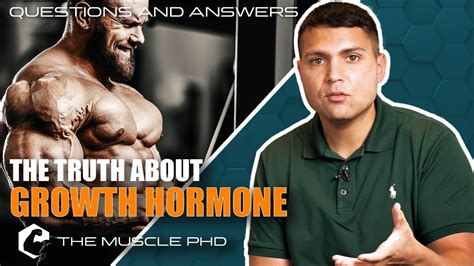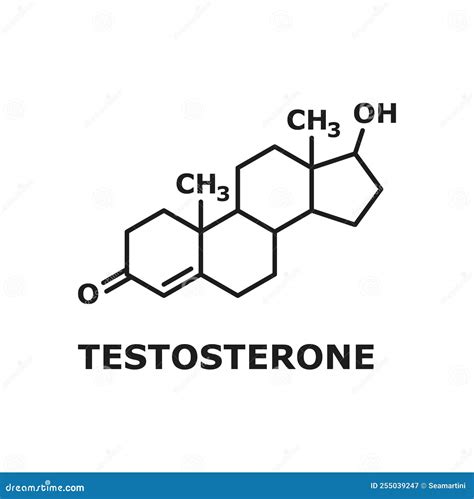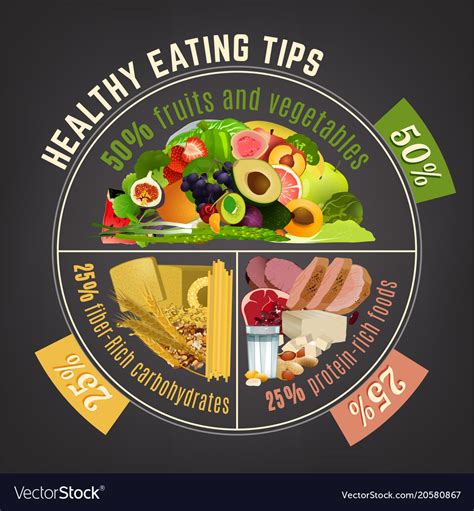Maximize male hormone health for peak performance & muscle gains?

The Foundation of Male Vitality
For men striving for peak physical performance, accelerated muscle gains, and an overall sense of robust vitality, understanding and optimizing hormone health is not just beneficial—it’s foundational. While various factors contribute to fitness success, hormonal balance, particularly concerning testosterone, plays a pivotal role in dictating strength, endurance, recovery, and even mental fortitude.
Understanding the Hormonal Landscape
Testosterone, often referred to as the primary male sex hormone, is much more than just a driver of libido and aggression. It’s crucial for muscle mass, bone density, red blood cell production, fat distribution, and even mood regulation. Optimal levels contribute to higher energy, faster recovery, and a greater capacity for physical output.
When testosterone levels decline, whether due to age, lifestyle, or other factors, men can experience reduced muscle mass, increased body fat, fatigue, decreased libido, and diminished athletic performance. Therefore, understanding how to support healthy testosterone production is key to unlocking your full potential.

Pillars of Optimal Male Hormone Health
Nutrition: Fueling Your Endocrine System
What you eat directly impacts your body’s ability to produce hormones. A diet rich in whole, unprocessed foods is paramount. Focus on:
- Healthy Fats: Essential for hormone production (e.g., avocados, nuts, olive oil, fatty fish).
- Quality Protein: Supports muscle repair and growth (e.g., lean meats, poultry, eggs, legumes).
- Complex Carbohydrates: Provide sustained energy without spiking insulin excessively (e.g., whole grains, vegetables).
- Micronutrients: Zinc (red meat, shellfish), Vitamin D (sunlight, fortified foods), and Magnesium (leafy greens, nuts) are especially critical for testosterone synthesis.
Strategic Exercise: Train Smart, Not Just Hard
Exercise is a powerful hormone regulator. However, the type and intensity matter:
- Resistance Training: Heavy, compound lifts (squats, deadlifts, bench press) are potent stimulators of testosterone and growth hormone. Aim for 3-4 sessions per week.
- High-Intensity Interval Training (HIIT): Short bursts of intense activity followed by brief recovery periods can also boost testosterone, but avoid overdoing it.
- Avoid Chronic Cardio: Excessive, long-duration cardio can sometimes increase cortisol (a stress hormone) which can negatively impact testosterone.

The Power of Sleep: Rest and Rejuvenation
Sleep is when your body repairs, recovers, and produces vital hormones. Chronic sleep deprivation is a major disruptor of testosterone. Aim for 7-9 hours of high-quality sleep per night. Establish a consistent sleep schedule, create a dark and cool sleep environment, and limit screen time before bed to optimize natural hormone rhythms.
Master Stress: Taming Cortisol’s Impact
Chronic stress elevates cortisol, the body’s primary stress hormone. High cortisol levels have a direct inverse relationship with testosterone, often suppressing its production. Incorporate stress-reduction techniques into your daily routine, such as:
- Meditation and mindfulness
- Deep breathing exercises
- Yoga
- Spending time in nature
- Engaging in hobbies or activities you enjoy

Lifestyle Choices: Eliminating Hormone Disruptors
Certain lifestyle habits can inadvertently sabotage your hormone health:
- Limit Alcohol: Excessive alcohol consumption can impair testosterone production.
- Avoid Endocrine Disruptors: Be mindful of exposure to chemicals found in plastics (BPA, phthalates), pesticides, and certain personal care products. Opt for glass or stainless steel containers and choose natural, organic products where possible.
- Maintain a Healthy Weight: Excess body fat, particularly around the abdomen, can lead to increased estrogen conversion from testosterone.

Beyond the Basics: Targeted Support
While lifestyle changes form the bedrock of hormone optimization, some men might benefit from specific supplements or professional guidance. Consult with a healthcare professional before starting any supplement regimen. Natural supplements like Ashwagandha (for stress reduction), DHEA (a precursor hormone), or specific herbal extracts might be considered, but their efficacy varies and they should not replace fundamental lifestyle improvements.
Sustaining Your Peak: A Lifelong Journey
Optimizing male hormone health is not a quick fix but a continuous journey. Consistency in diet, exercise, sleep, and stress management will yield the best long-term results. Regularly assess your energy levels, mood, performance, and body composition to gauge progress and make adjustments as needed. Embrace these changes not just for bigger muscles, but for a life of sustained vigor and vitality.

By proactively nurturing your hormonal health, you equip your body with the internal blueprint for achieving peak performance, maximizing muscle gains, and experiencing an elevated quality of life.









